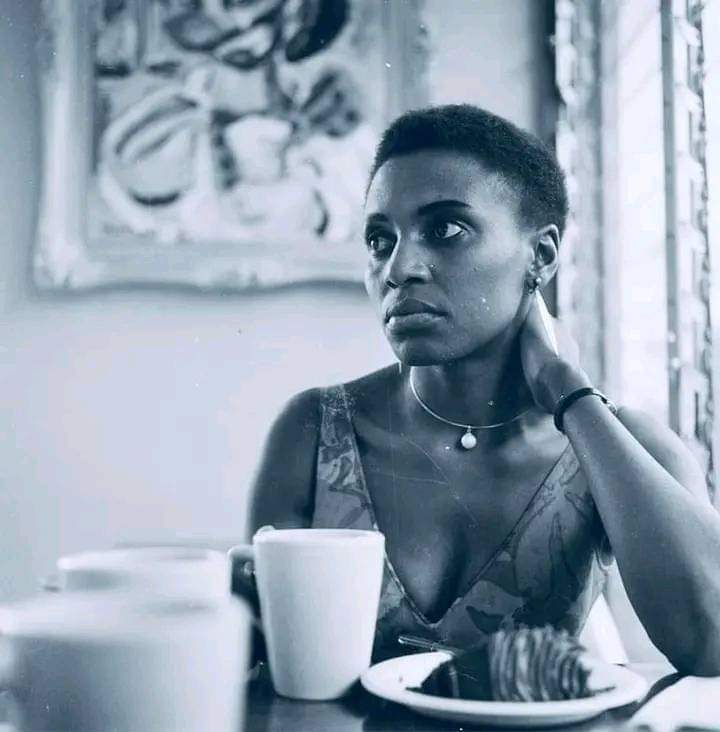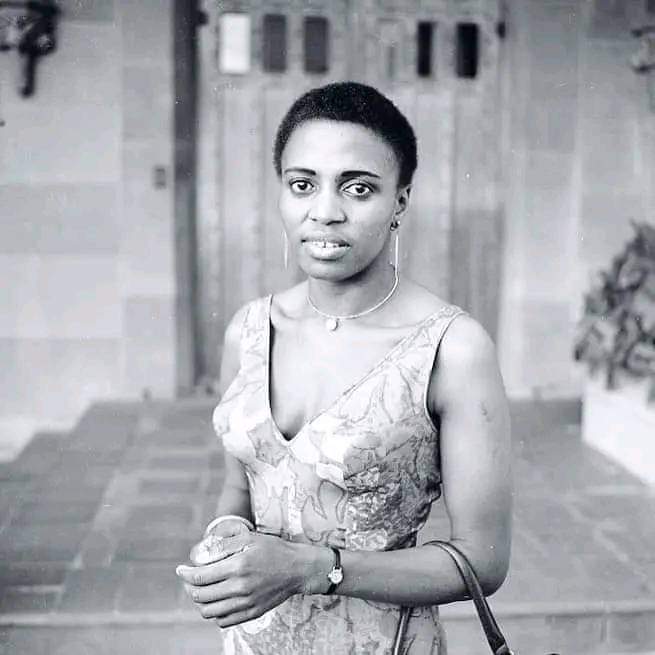10 Things You Didn’t Know About Miriam Makeba – Mama Africa

Miriam Makeba, affectionately known as “Mama Africa,” was more than just a musician—she was an icon of African culture, a vocal anti-apartheid activist, and a symbol of resistance and empowerment. Here are 10 fascinating facts about her life that you may not know:
- Born into a Diverse Cultural Heritage (1932)
Makeba was born to a Swazi mother and a Xhosa father in Johannesburg, South Africa. This rich cultural background played a key role in shaping her identity and her music, which often reflected traditional African rhythms. - Married and Divorced at 17
At the young age of 17, Miriam was forced into an abusive marriage. The hardship didn’t hold her back for long, though, as she soon divorced and began focusing on her music—a choice that would change her life forever. - Rise to Fame with Anti-Apartheid Songs
Her remarkable voice and powerful message quickly set her apart. She began singing anti-apartheid songs that resonated globally, turning her into a symbol of the struggle against South Africa’s oppressive regime. - First International Recognition in a Film
In 1959, Makeba starred in the film Come Back, Africa, a movie that shed light on the harsh realities of apartheid. Her performance not only showcased her musical talents but also brought international attention to her cause. - Exiled to the United States
After her involvement in Come Back, Africa, Makeba’s passport was revoked by the South African government, forcing her into exile. She relocated to the U.S., where she continued to use her voice both musically and politically. - First African Grammy Award Winner
In 1966, Miriam Makeba became the first African to win a Grammy Award, alongside Harry Belafonte, for their album An Evening with Belafonte/Makeba. This made her an international music sensation and further amplified her role as an ambassador of African culture. - The Political Power of ‘Soweto Blues’ (1977)
In 1977, she released the haunting protest song Soweto Blues, written by her former husband Hugh Masekela, which addressed the 1976 Soweto Uprising. The song quickly became a global anthem of resistance against apartheid. - Exiled for Over 30 Years
Due to her outspoken criticism of apartheid, Makeba was not allowed to return to South Africa for over 30 years. It wasn’t until Nelson Mandela’s release and the dismantling of apartheid in 1990 that she was finally able to return home. - Return to South Africa and Role in ‘Sarafina!’
After her return, Miriam Makeba appeared in the 1992 film Sarafina!, which depicted the Soweto Uprising. Her role in the movie added another layer to her lifelong dedication to promoting African stories and struggles. - Her Final Moments
Miriam Makeba passed away in 2008 after suffering a heart attack during a concert in Italy. Even in her final moments, she was doing what she loved—using her voice to bring attention to causes she deeply cared about.
Her Lasting Legacy
Though she is no longer with us, Makeba’s music, interviews, and activism continue to inspire generations. Her voice lives on in the songs that captured both the beauty and the pain of Africa, making her truly deserving of the title “Mama Africa.”

Her groundbreaking career and unwavering dedication to justice leave no doubt about the treasure she was, is, and will always be. Africa’s rich talent, embodied in Makeba, has left an indelible mark on the world stage.
In her absence, her music remains timeless. In her absence, her interviews display her unmatched intelligence. And in her absence, we understand why she is called Mama Africa.
